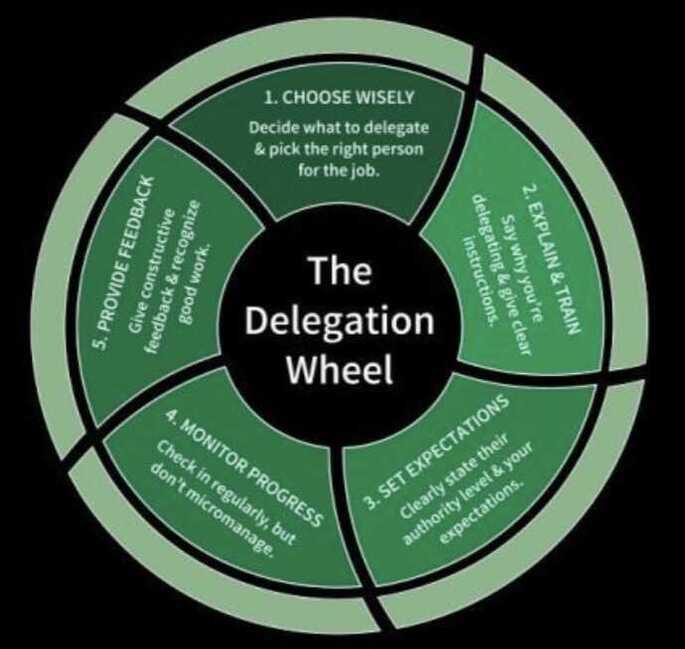First Things First
By Stephen Covey, A. Roger Merrill, and Rebecca R. Merrill
The book asserts that there are three generations of time management: first-generation task lists, second-generation personal organizers with deadlines and third-generation values clarification as incorporated in the Franklin Planner. Using the analogy of "the clock and the compass," the authors assert that identifying primary roles and principles provides a "true north" and reference when deciding what activities are most important, so that decisions are guided not merely by the "clock" of scheduling but by the "compass" of purpose and values. Asserting that people have a need "to live, to love, to learn, and to leave a legacy" they propose moving beyond "urgency" (not the same as the quadrant II in a Cartesian coordinate system).
Important items are identified by focusing on a few key priorities and roles which will vary from person to person, then identifying small goals for each role each week, in order to maintain a holistic life balance. One tool for this is a worksheet that lists up to seven key roles, with three weekly goals per role, to be evaluated and scheduled into each week before other appointments occupy all available time with things that seem urgent but are not important. This concept is illustrated with a story that encourages people to "place the big rocks first."
Delegation is presented as an important part of time management. Successful delegation, according to Covey, focuses on results and benchmarks that are to be agreed in advance, rather than on prescribing detailed work plans.
https://en.wikipedia.org/wiki/First_Things_First_(book)
How to delegate
- Effective strategic delegation
Why Delegate?
- D - Develop skills and confidence in your team
- E - Enhance efficiency by assigning the right tasks
- L - Lighten your workload to focus on big-picture strategies
- E - Empower team members to take initiative and grow
- G - Generate new ideas through collaboration
- A - Avoid burnout by sharing responsibilities
- T - Trust your team's abilities and judgement
- E - Elevate overall team performance and morale
Time Value Rule
- Determine what your time is worth
- Delegate all tasks of a lower value
- Focus only on high-value activities
80/20 Rule
- 80% of results come from 20% of efforts
- Figure out your 20% of tasks with impact
- Delegate the less impactful 80%
70% Rule
If someone can do a task at least 70% as well as you, delegate it. It'll free up your time and help them grow
The delegation wheel
- Choose wisely - decide what to delegate & pick the right person for the job
- Explain & train - Say why you're delegating & give clear instructions
- Set expectations - Clearly state their authority level & your expectations
- Monitor progress - Check in regularly, but don't micromanage
- Provide feedback - Give constructive feedback & recognize good work
